Traffic management vehicle specialist Acklea has announced it is increasing production of its plastic-bodied 7.2t commercial vehicles.
The reduced weight and recyclable body result in the trucks using less diesel, and have the ability to carry more cones, equipment and signage than heavier traditional 7.5t metal-bodied traffic management vehicles, said Acklea.
The trucks are based on the Iveco Daily 7t chassis, with van-like driving controls and a Hi-Matic transmission.
The light and fully recyclable co-polymer plastic body is a bespoke design, exclusive to Acklea, it said.
The Iveco Daily 7-tonne was recently named Rigid truck of the year (6 - 16 tonnes) at the Fleet News Awards. The vehicle was recognised for its unique truck-like payload capacity combined with van-like drivability.
The company said the increase in production follows as demand for lightweight, fuel efficient and lower-emission vehicles has increased among highways and infrastructure providers.
Clive Brocklehurst, product manager at Acklea, said: "We’re ramping up production because traffic management and infrastructure providers can easily see the benefits of lightweight, recyclable and incredibly tough copolymer plastic over traditional materials.
“Fuel efficiency, emissions and sustainability are key concerns for these vehicles. Standard aluminium and glass-reinforced plastic are also very easily damaged, while steel is heavy and prone to rusting. These factors can lead to increasing downtime and additional repair costs.”
Acklea said it has reviewed its build process and supply chain to increase production, enabling it to meet growing customer demand for vehicles with lower fuel consumption and reduced CO2 and NOx emissions.
The modular design and use of recyclable copolymer plastic, enable the bodies to be re-used with a new chassis and cab and enables vehicles to make use of new chassis technology, Acklea said.
The modular design can also reduce whole life costs by up to 30%, said Acklea.
Brocklehurst added: “We originally designed them for one customer, but the design and concept has stood the test of time and demand among other customers continues to grow.
“We further reviewed our build process and design during the 2020 lockdowns, not only to improve the already high build quality of these vehicles but to create a more modular design.
“Utilising CAD and CNC machines as well as the latest laser-cutting technology has seen a consistent approach to the manufacturing and build quality. All the plastic components are built and painted off the chassis
"In addition, we fit as standard our own independent CANBUS electrical system and LED lighting to ensure reliability.”



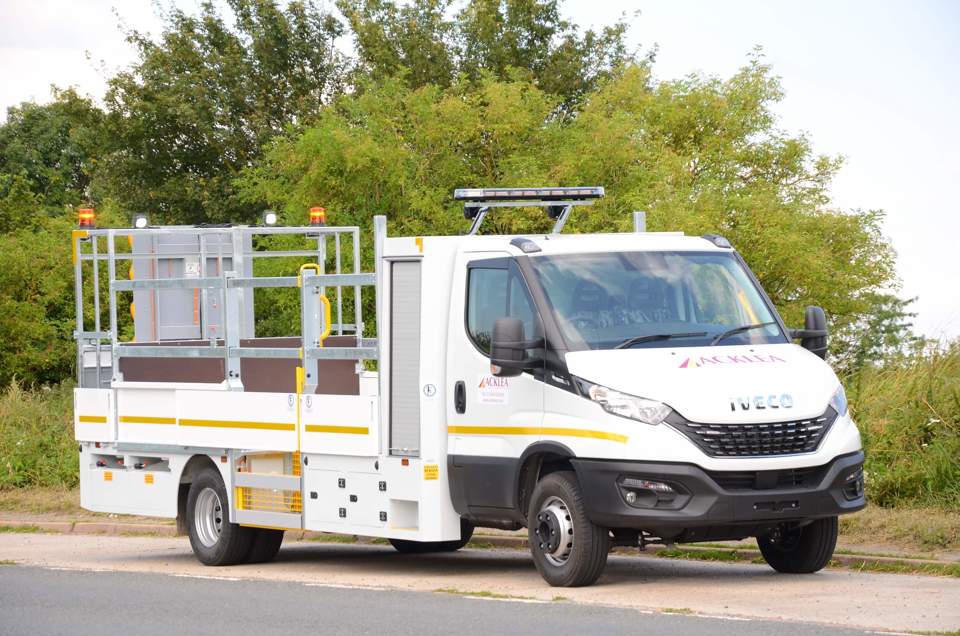




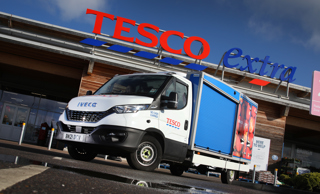
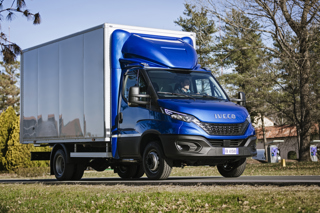
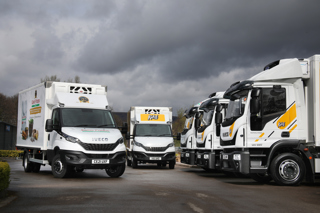
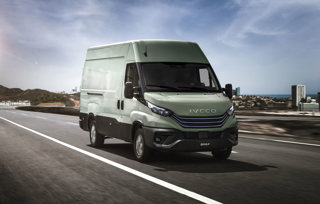
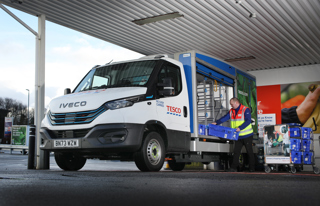












Login to comment
Comments
No comments have been made yet.